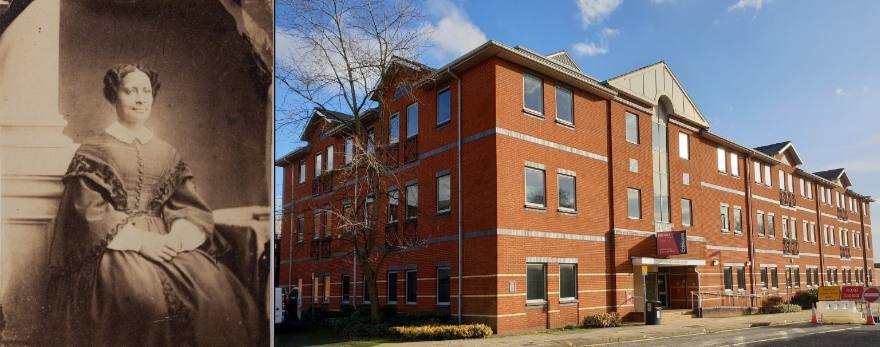Sarah Parker Remond (1826-1894) was an American lecturer, activist and abolitionist campaigner. She was born in the state of Massachusetts, United States. As a child, she suffered racism since her sisters and her were rejected from several schools because of their skin colour, even from a non-segregated school for girls because the school committee wanted to found a separate school for African American children. Deeply marked by the racist environment in which she grew up, she became a very active militant internationally and fought for human rights and women’s suffrage. Later, she became an international antislavery speaker who travelled across the United States to spread the movement, and her fight was intersectional since she became a member of several female anti-slavery societies. Around the 1840s, the Remond’s home hosted anti-slavery reunions, and the whole Remond family was engaged in this abolitionist movement. In 1858, she travelled to Britain in order to get support for the abolitionist cause she defended, and her lectures shed light on the inhumane treatment of black slaves and the discriminations suffered by free slaves in the United States. She lived in the United Kingdom and died in Italy in 1894, where she went in 1867 to study medicine, which practised until her death. She never came back to the United States.
In 2020, the University College London renamed its Centre for the Study of Racism & Racialisation the Sarah Parker Remond Centre.
